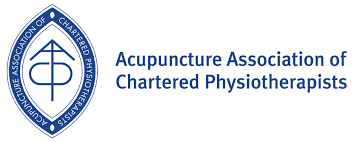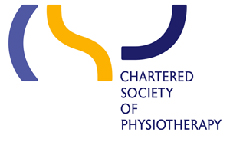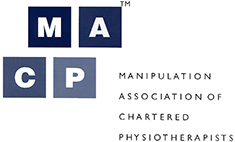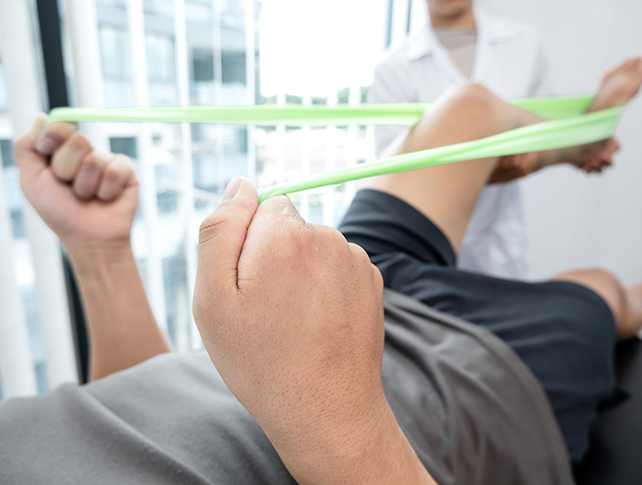
At Essex Physiotherapy we see a huge variety of different knee pains. From growth related issues in children such as Osgood-Schlatters, to ligament injuries from falls or collisions and osteoarthritic knee joints in older clients. We help patients before and after joint replacement or reconstruction surgery. We also see patients who have annoying niggles that stop them playing, training, dancing, or walking the dog.
The Anterior cruciate ligament (ACL), Posterior cruciate ligament (PCL), Medial collateral ligament (MCL) and the Lateral collateral ligament (LCL) support and stabilise the knee. Injury to these structures can cause pain, instability, or stiffness.
Tendons are fibrous connections that attach muscles to bones. They can be injured by repetitive strain, trauma or overloading the structures during activities. Rest can help reduce pain; however a tailored rehabilitation programme will optimise repair and make return to sport/activities more effective. ‘If you do what you’ve always done you get what you’ve always got’ – corrective physiotherapy makes sense and makes recurrence less likely.
This is a very common injury and can involve a small tear at the corner of this crescent shaped cartilage or a more substantial tear along the body of the cartilage . Your meniscus acts to deepen the articular surface of the knee, as a shock absorber and helps smooth movement in the rolling mechanism of the joint. These injuries usually occur from twisting trauma or can result from wear and tear.
The patella is a floating bone which tracks up and down as we bend and straighten our knee. Muscle imbalance around the knee can cause mal tracking which can cause sudden sharp pains and the loading becomes uneven and can be accompanied by popping, or graunching noises on sudden movements.
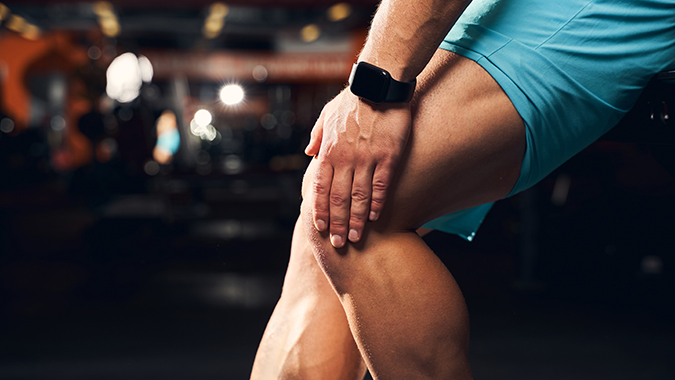
At Essex Physiotherapy, your therapist will carry out a thorough assessment, looking at the movements and activities you can still do, anything you can’t do and deciding if further investigation such as an x-ray, blood tests or a scan is needed. Knee pain can really impact your life and hobbies but will usually settle readily if dealt with correctly. A combination of exercise therapy, manual therapy and pain relief often proves helpful. Combined with education on what’s happening and why, things can often improve quickly. Mindset coaching can also make a huge difference to overcoming fear and limiting beliefs that hold back our recovery.
